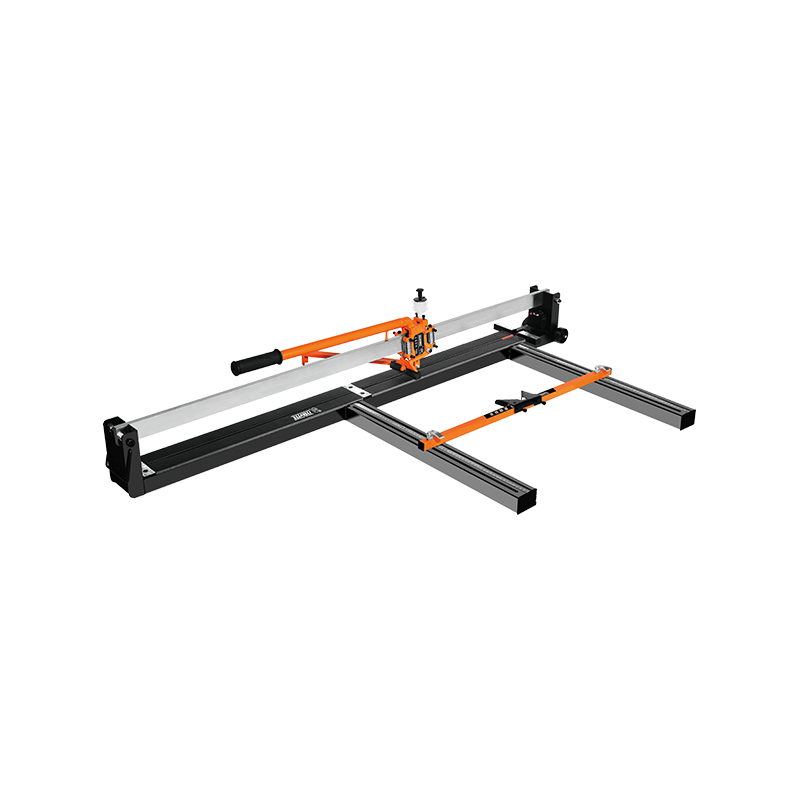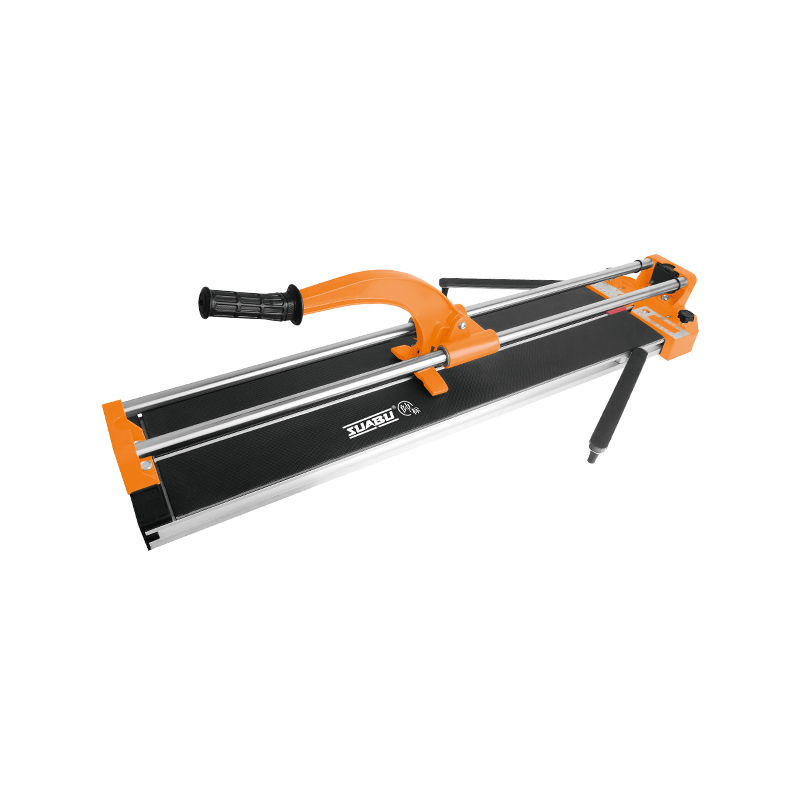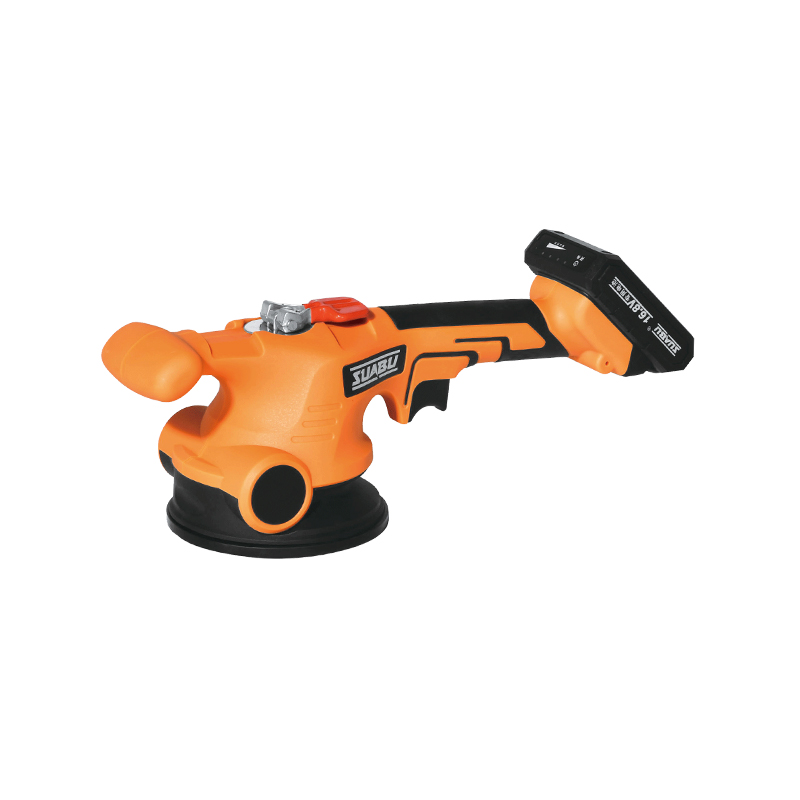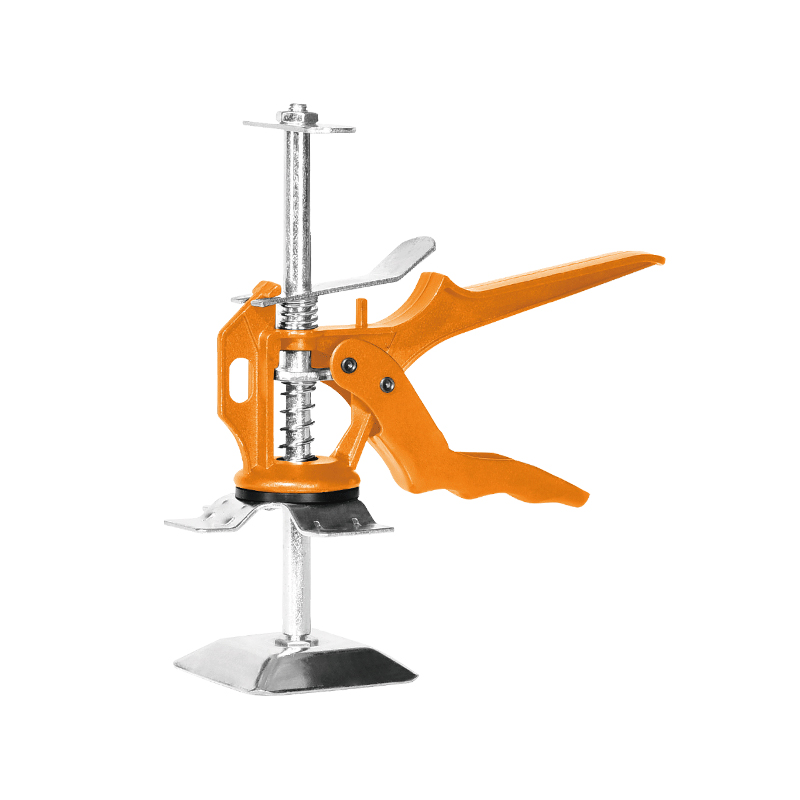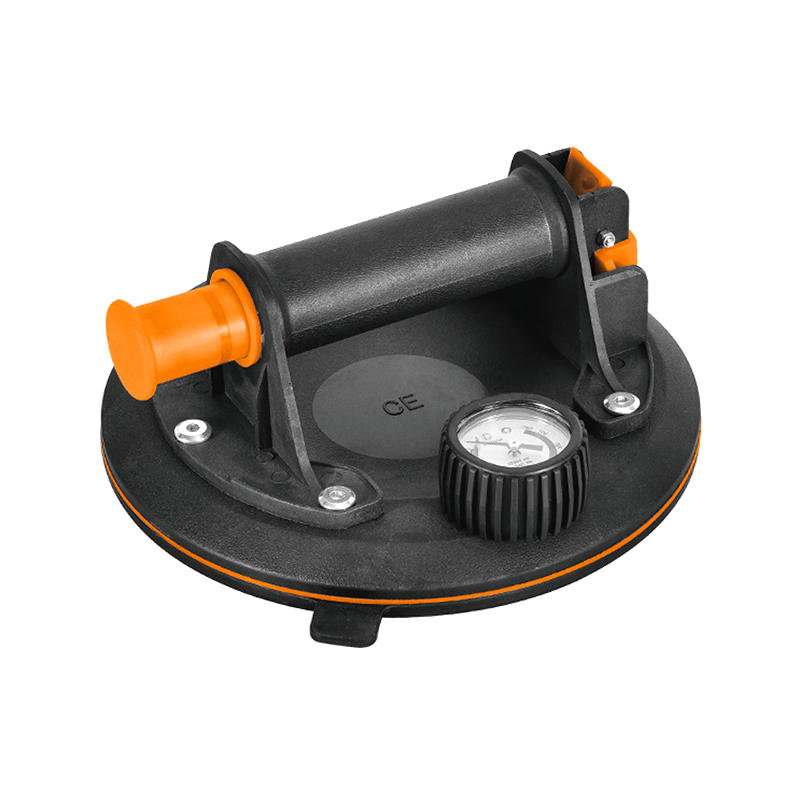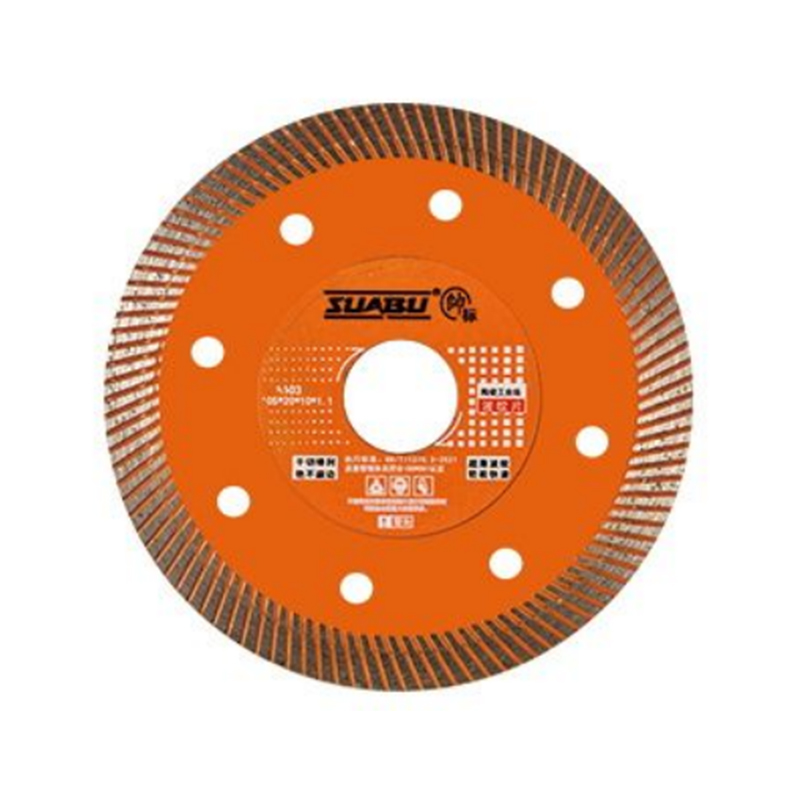What do you need when shopping for a tile tiler?
2024-04-19
When shopping for a while Laying Machin, you need to consider the following key factors to ensure you purchase the right equipment for your needs:
1. Purpose: Determine the specific purpose for which you need the tiling machine, such as indoor tile laying, outdoor tile laying, etc., in order to choose a suitable model.
2. Project scale: Choose a paver of appropriate size and capacity based on your project scale and needs. Larger projects may require more efficient equipment.
3. Applicable materials: Make sure the tiling machine is suitable for the type and size of tiles you plan to use, such as ceramic tiles, marble tiles, etc.
4. Work efficiency: Choose a paver with high work efficiency to shorten the project cycle and increase the construction speed.
5. Ease of operation: Choose a paver that is easy to operate and maintain to reduce learning and operating costs.
6. Brand and quality: Choose a well-known brand and high-quality tiling machine to ensure the durability and reliability of the equipment.
7. Price: Choose a cost-effective tiling machine according to your budget. But be aware that a too-low price may mean a compromise in quality and performance.
8. After-sales service: Understand the quality of the manufacturer’s after-sales service, such as warranty policies, maintenance services, etc., so that you can receive timely support when equipment problems arise.
9. Safety: Ensure that the paver meets safety standards and has necessary safety protection measures, such as anti-leakage, emergency stop buttons, etc.
10. Equipment stability: Choose a tiling machine with good stability to ensure the smoothness and quality of tile laying.
11. Accessories and accessories: Check whether the tiling machine provides necessary accessories and accessories, such as scrapers, adjustment tools, etc., to ensure that the equipment can work properly.
12. User reviews: Read reviews and feedback from other users to understand the pros and cons of your device so you can make more informed decisions.
13. Adjustability: Choose a tiling machine with certain adjustability to adapt to different thicknesses of tiles and different laying requirements.
14. Power source: Choose an electric or manual tiling machine according to your actual needs. Electric pavers are generally more efficient, but manual pavers may be better suited for smaller projects or environments without power.
Taking the above factors into consideration, you can choose a tile tiling machine that suits your needs and improves construction efficiency and quality.
Additionally, when selecting a tile laying machine, it’s important to consider the availability and compatibility of a leveling tool for tile. A good leveling tool ensures that the tiles are laid evenly and prevents issues such as lippage, where one edge of a tile is higher than the adjacent tile. This tool is crucial for achieving a professional finish, particularly on large surface areas where uneven tiles can be more noticeable and problematic.
Compatibility with Tile Leveling Tools
Ensure that the tile laying machine you choose is compatible with common tile leveling systems. Some machines come with integrated leveling tools, while others may require separate tools. Assess whether the machine can accommodate the specific leveling system you plan to use, as this will streamline the tiling process and reduce the likelihood of errors.
Training and Support
Consider the availability of training and technical support from the manufacturer. Proper training on how to use the tile laying machine, including any integrated leveling tools, can greatly improve efficiency and the quality of the tile installation. Look for manufacturers that offer comprehensive training programs or detailed instructional materials, such as manuals and video tutorials.
Portability and Storage
Depending on the scale and location of your projects, the portability and ease of storage of the tile laying machine may be important factors. If you need to transport the machine between different job sites, look for models that are lightweight and easy to disassemble. Additionally, consider the storage requirements to ensure that the machine can be safely stored when not in use.
Environmental Impact
Evaluate the environmental impact of the tile laying machine. Electric machines are generally more environmentally friendly compared to gas-powered ones, as they produce fewer emissions. Additionally, consider machines that are energy-efficient, reducing the overall energy consumption during operation. Some manufacturers also offer recycling programs for old equipment, which can be a factor in your decision-making process.
Customer Support and Community
Lastly, consider the level of customer support and the presence of a user community. A responsive customer support team can assist with troubleshooting and maintenance issues, ensuring less downtime. Furthermore, an active user community can provide valuable insights, tips, and ideal practices based on their experiences with the same equipment.
By taking into account these additional considerations, you can further refine your choice and ensure that the tile laying machine you purchase meets all your operational requirements. This comprehensive approach will help in achieving a high-quality finish, improving overall project efficiency, and ensuring long-term satisfaction with your investment.

